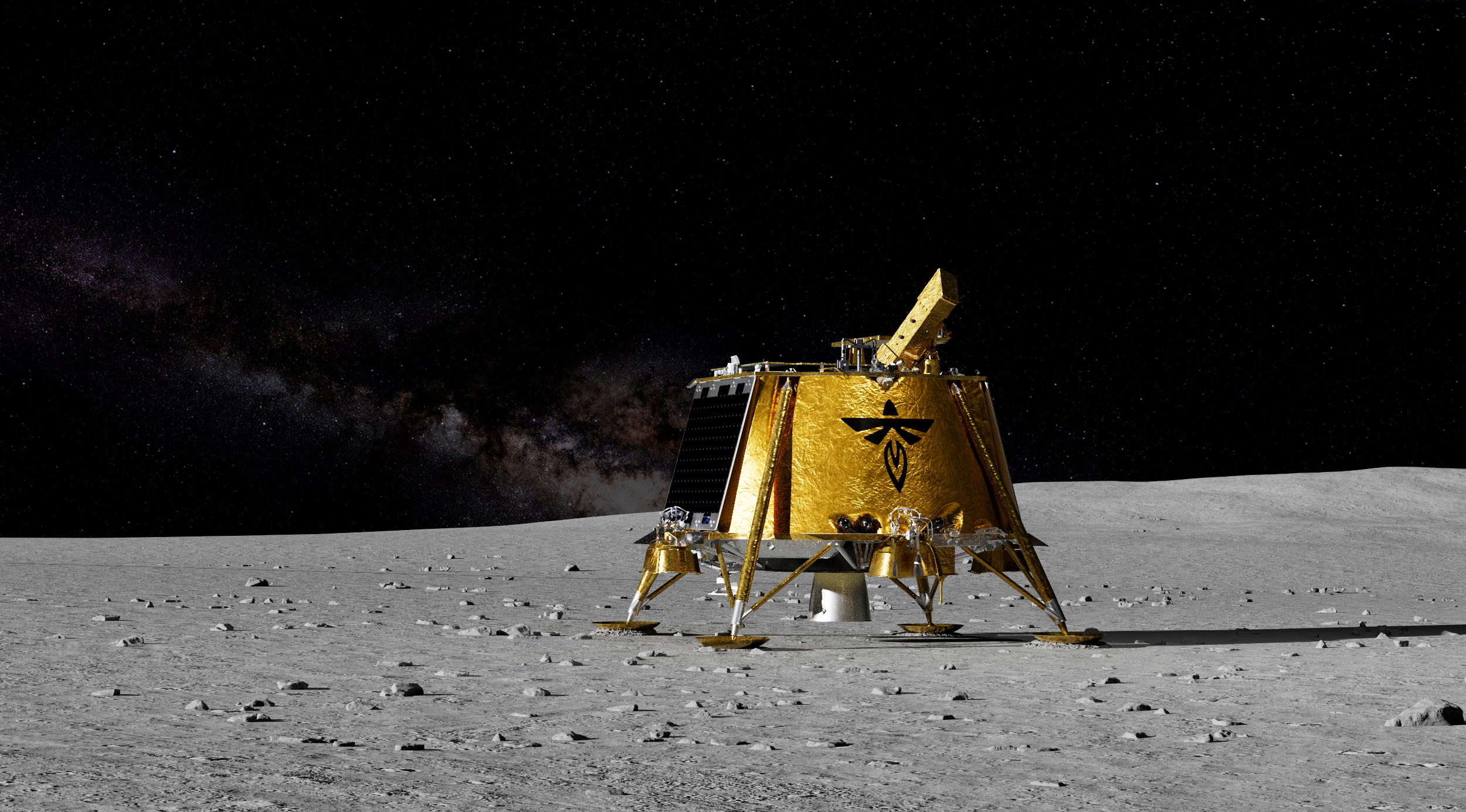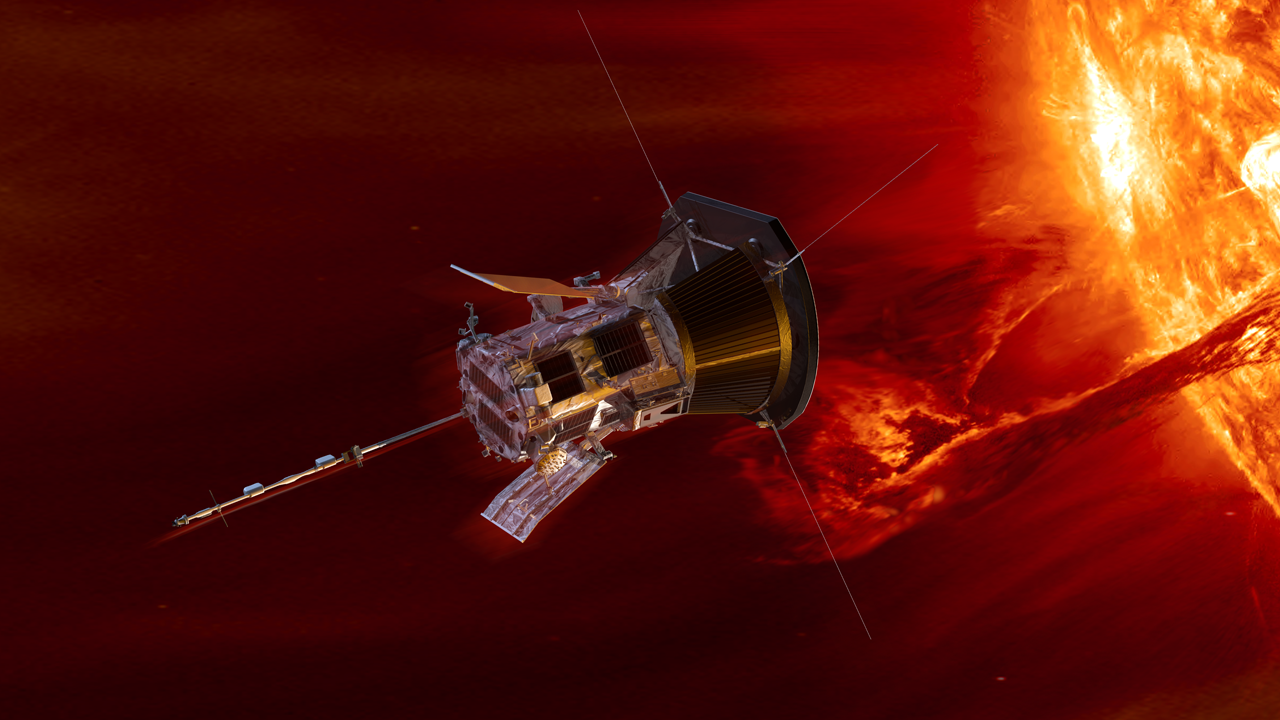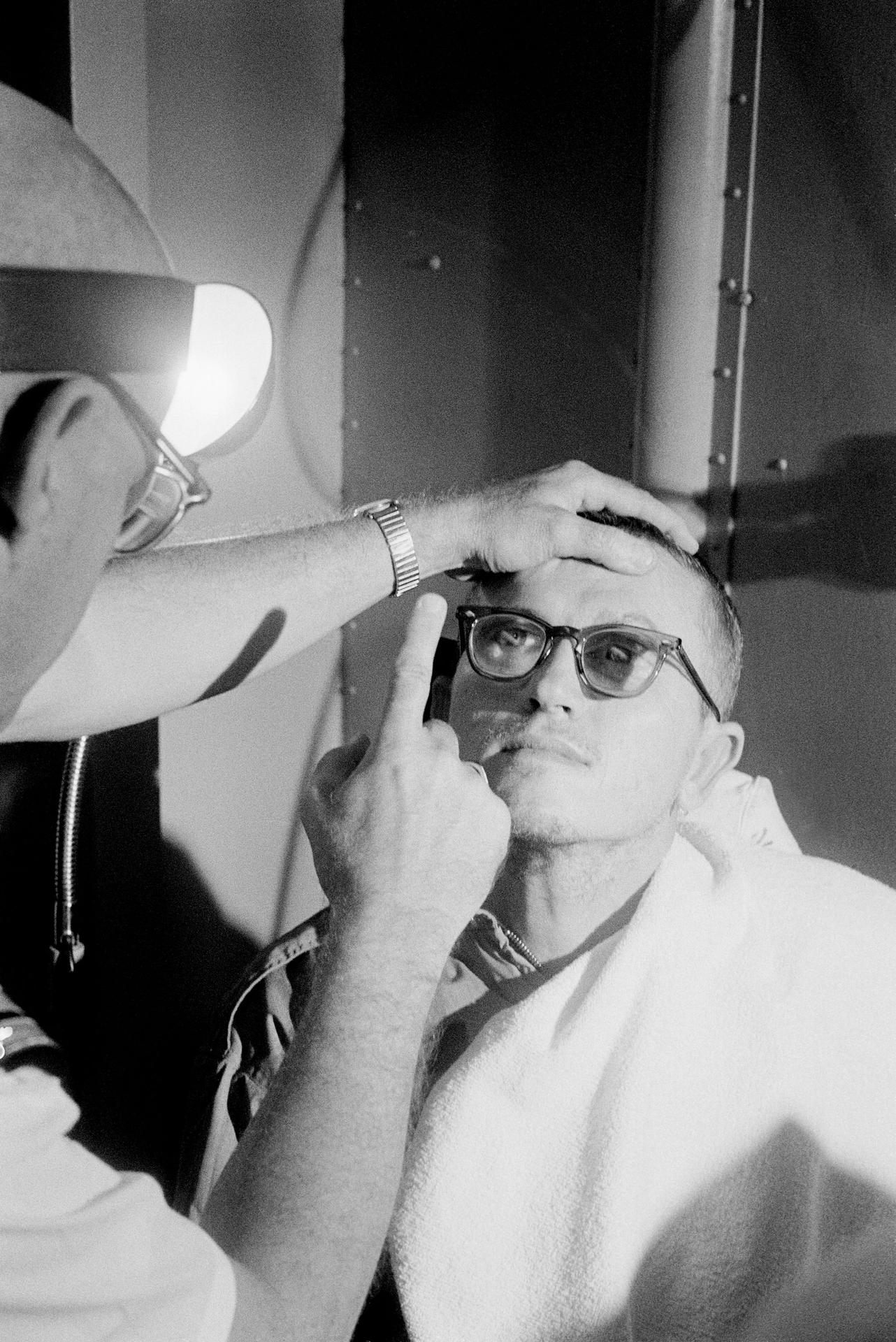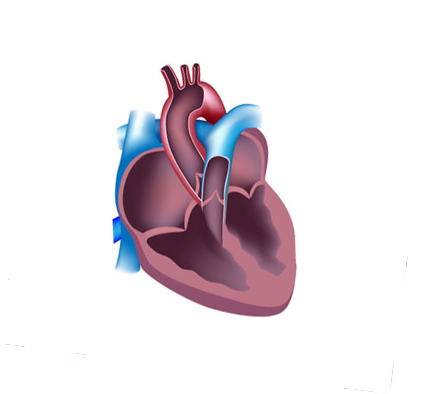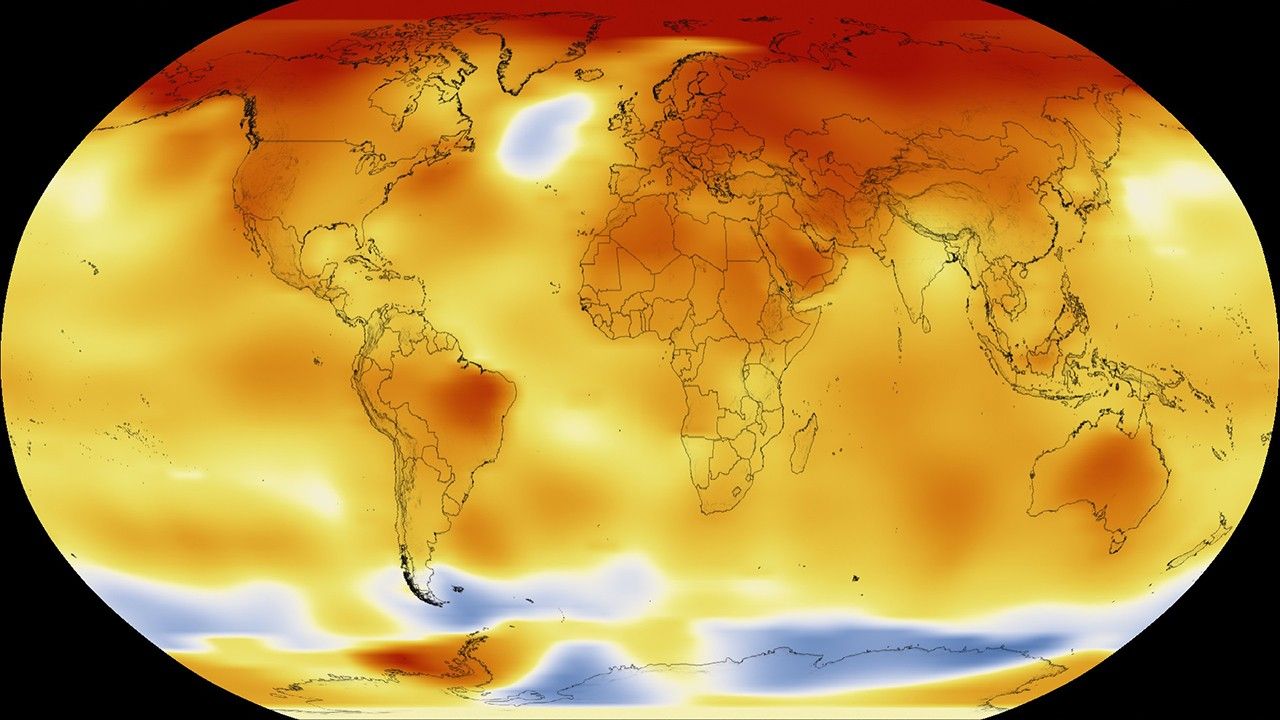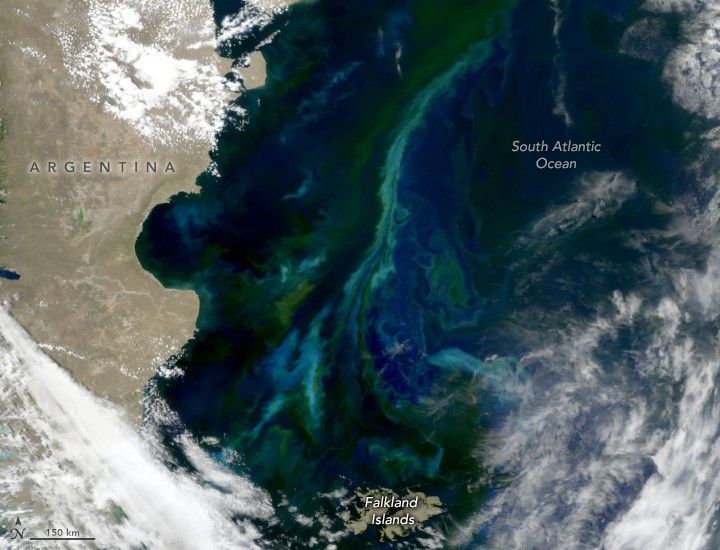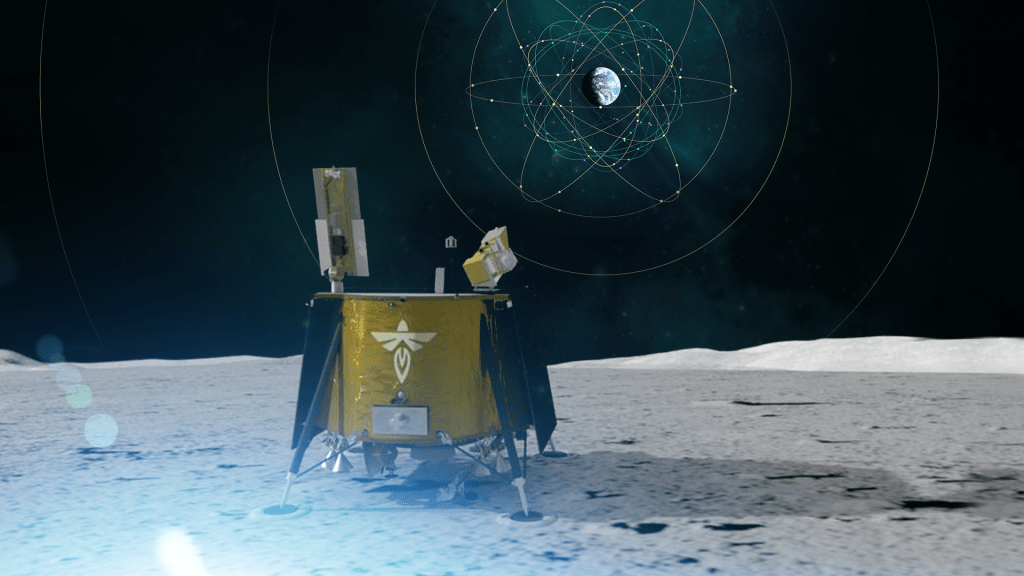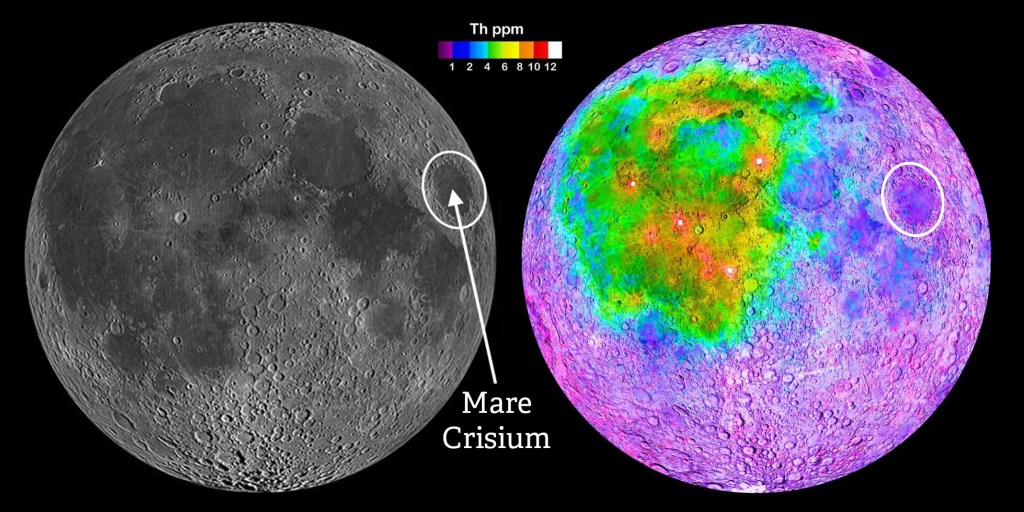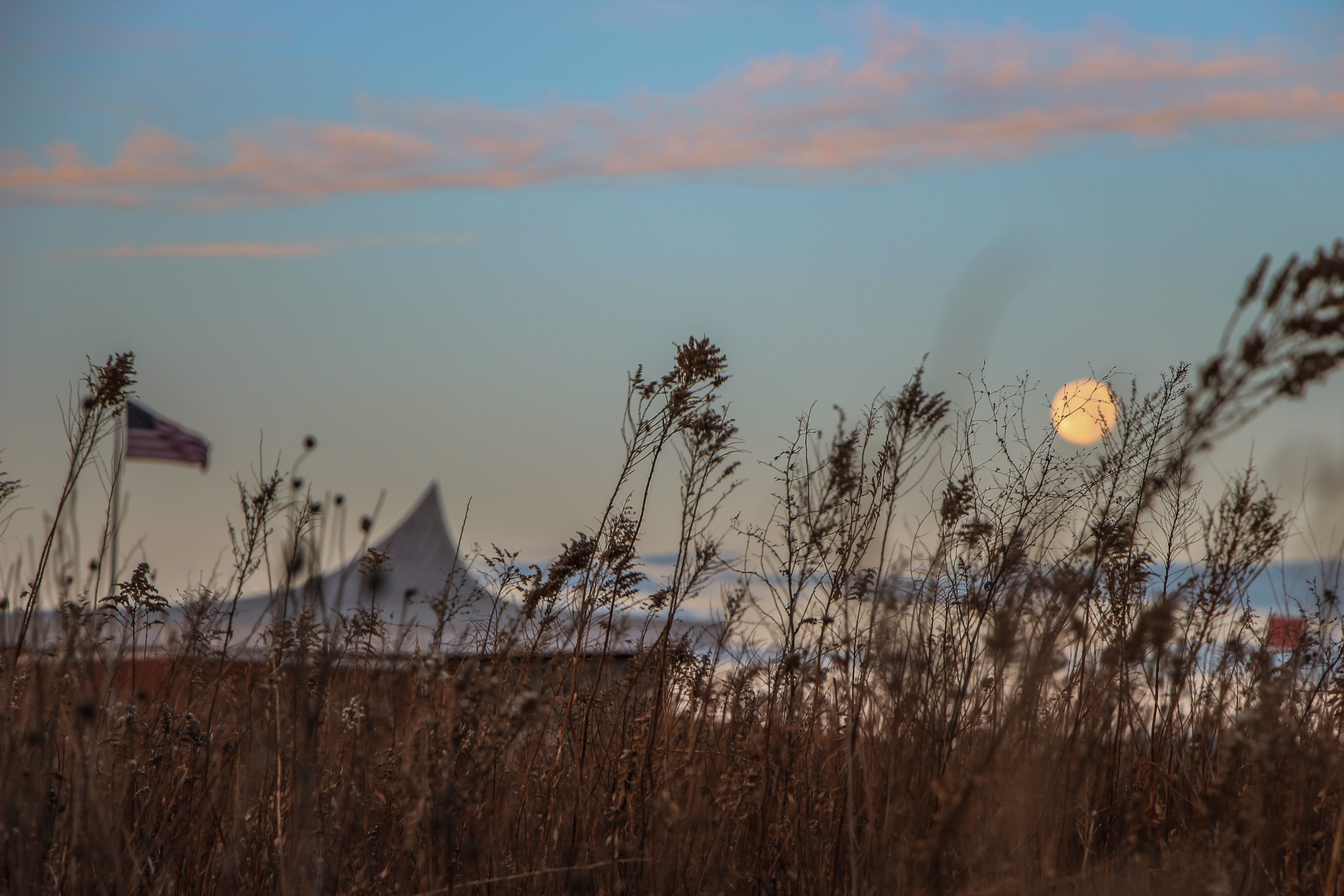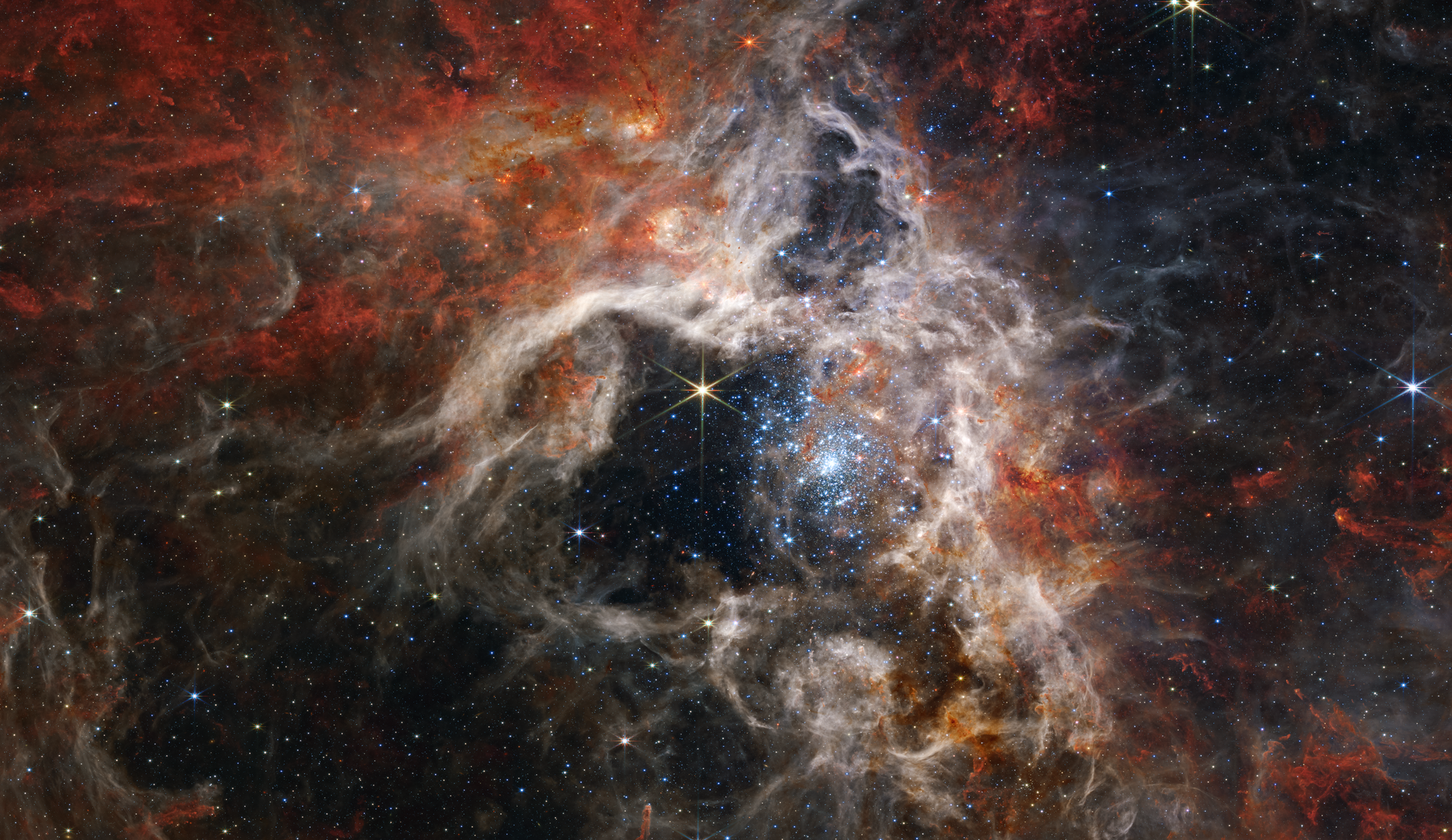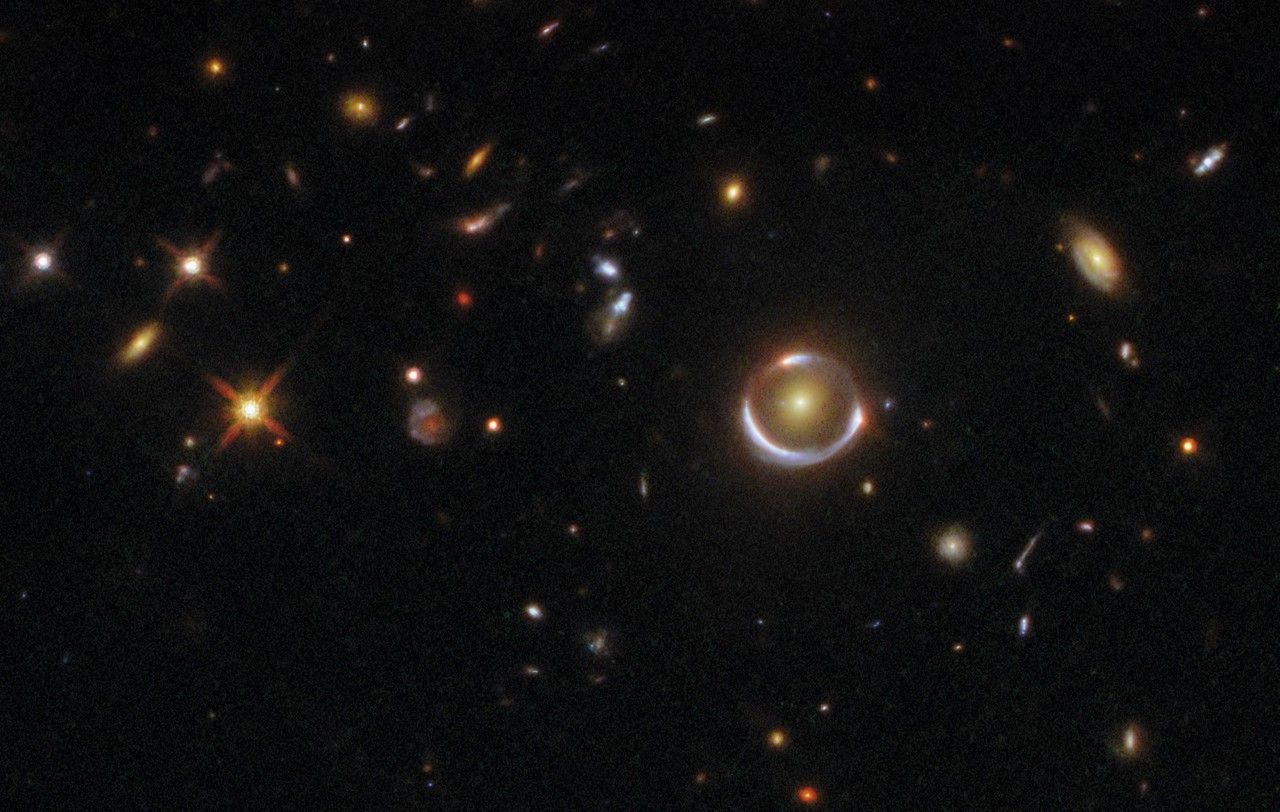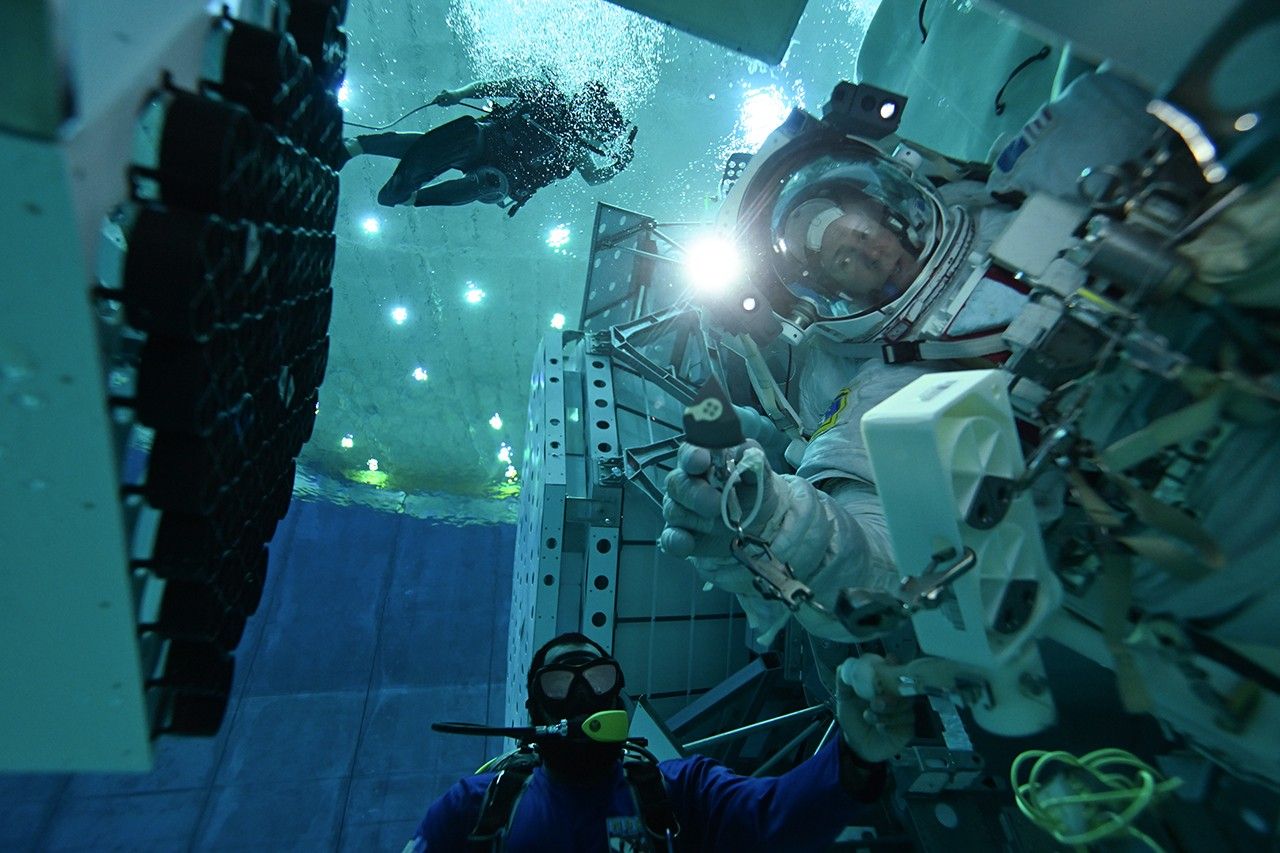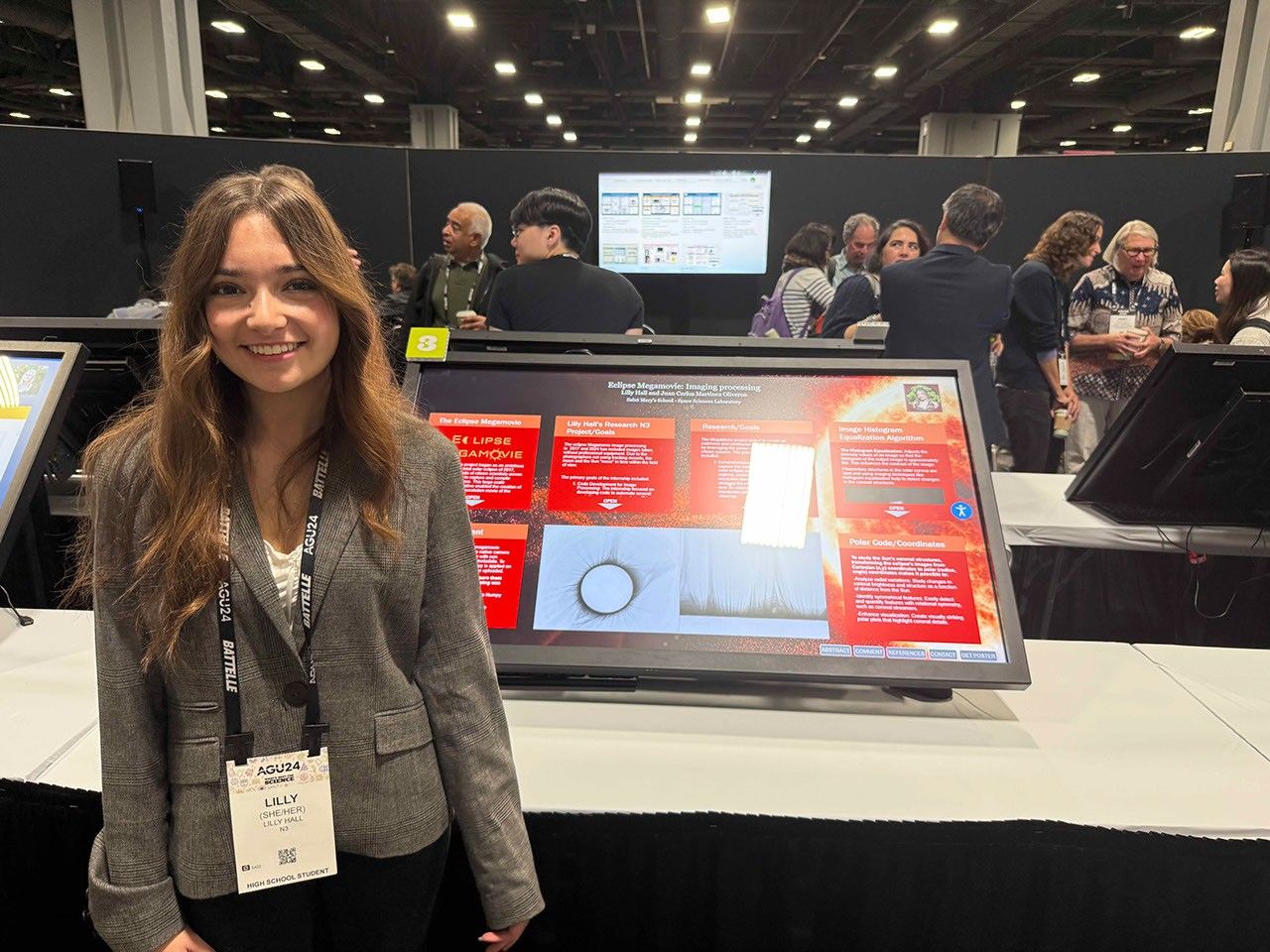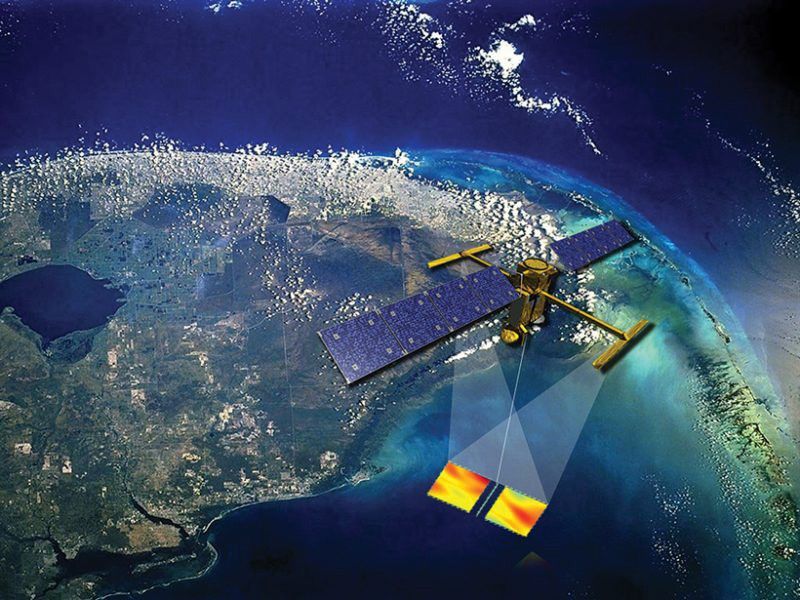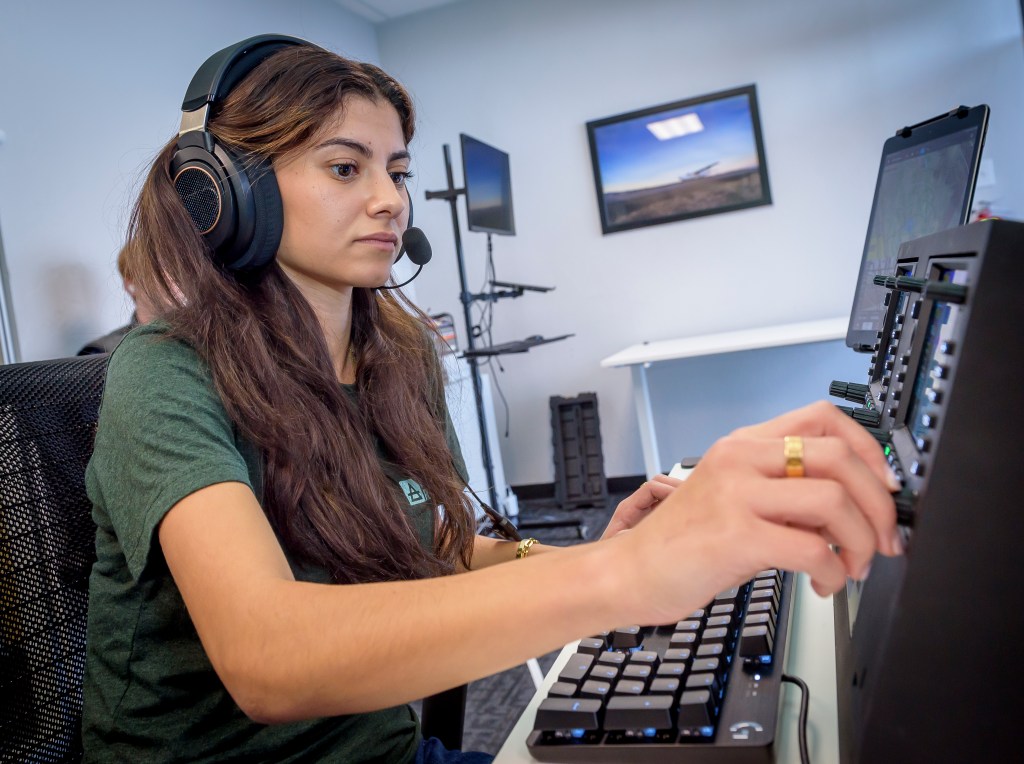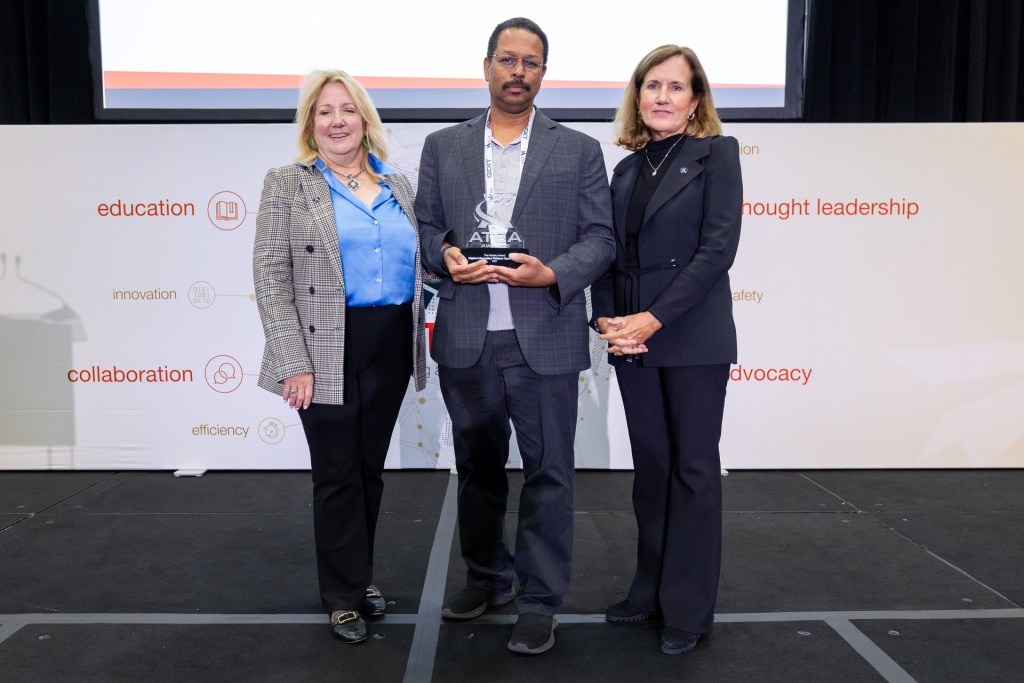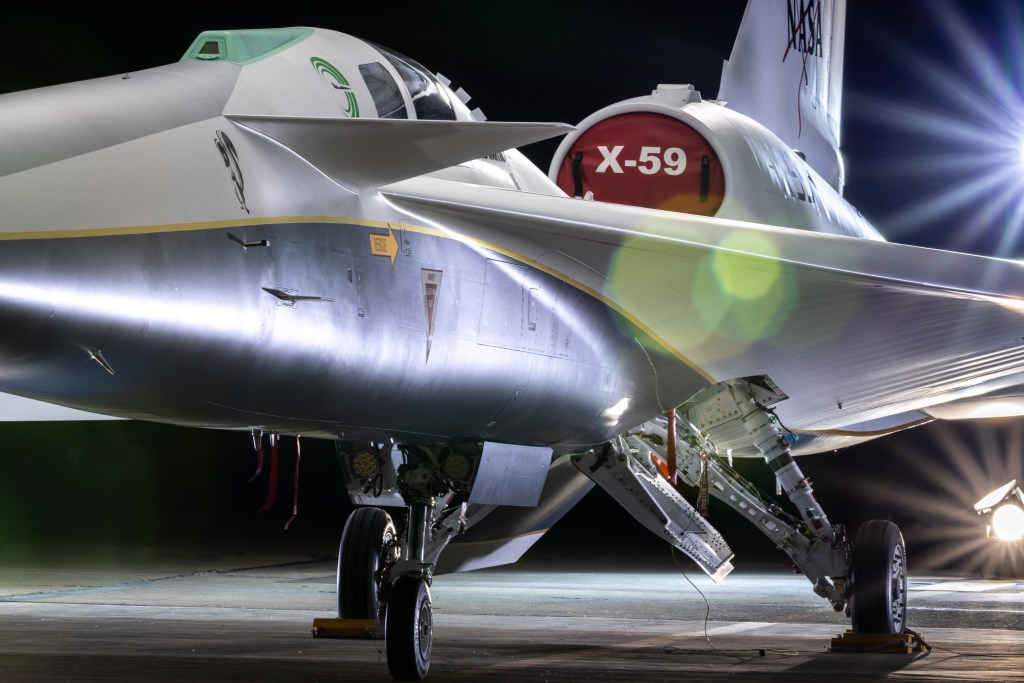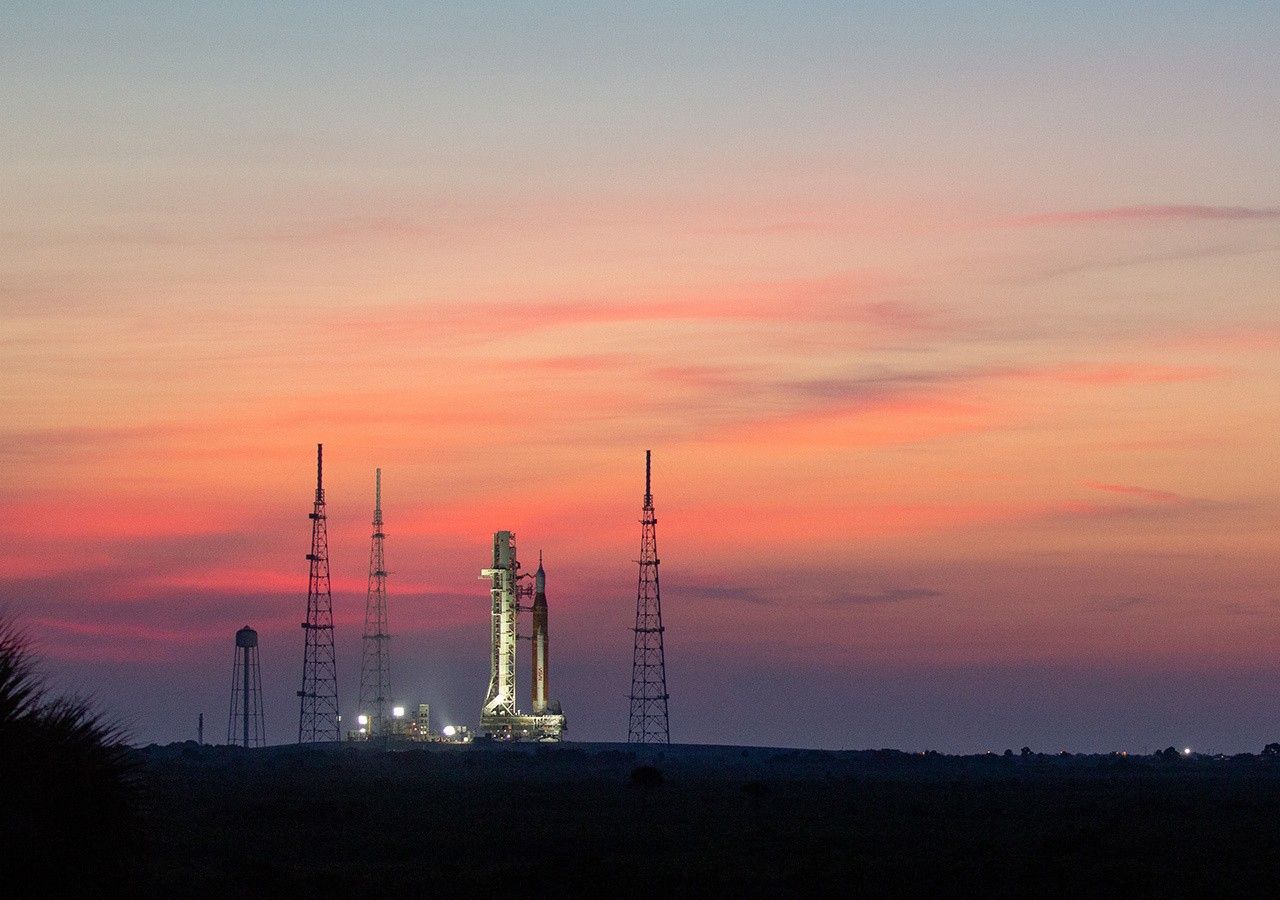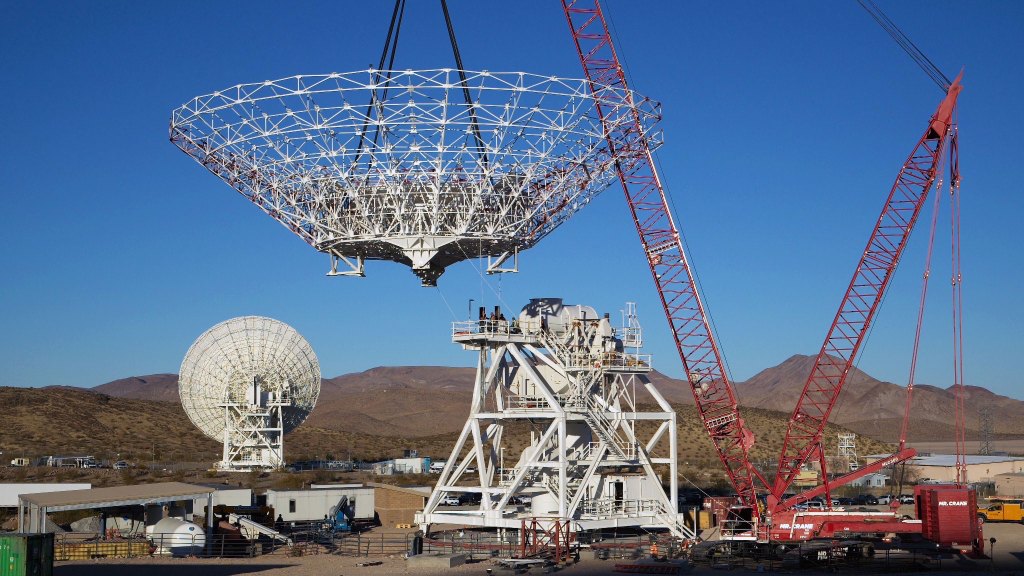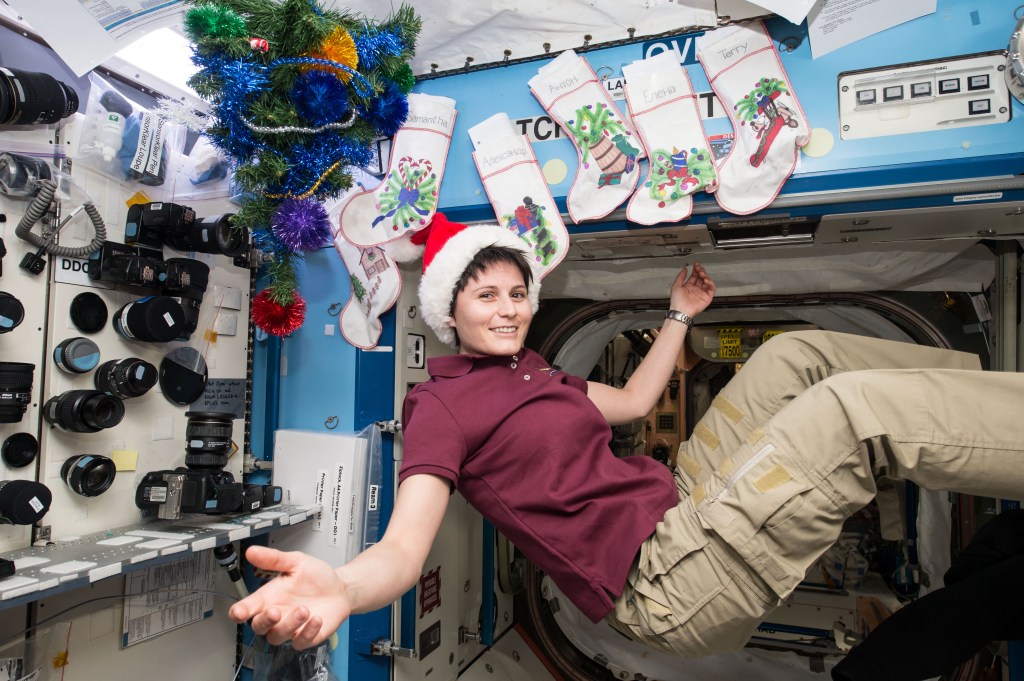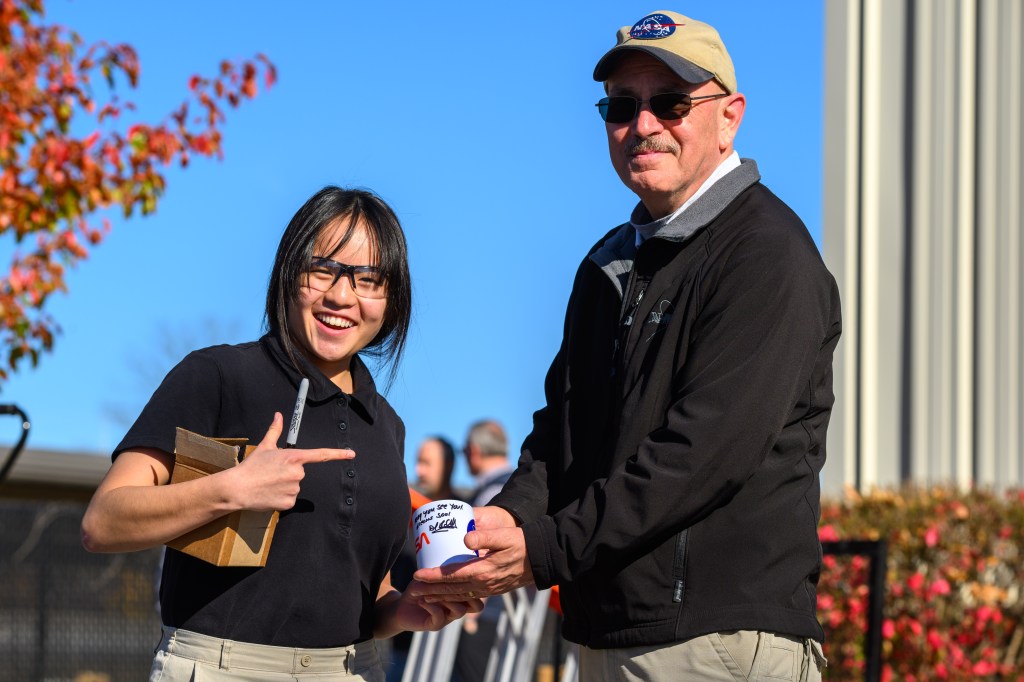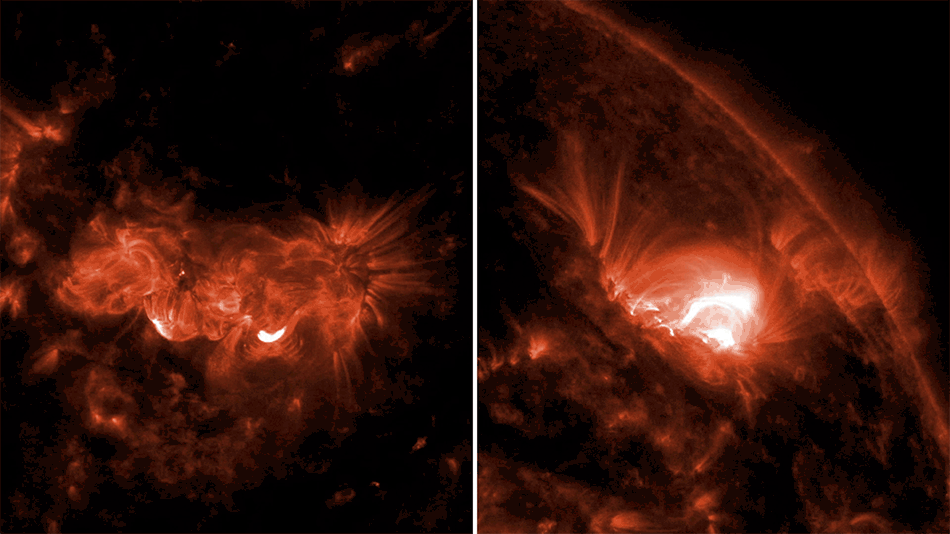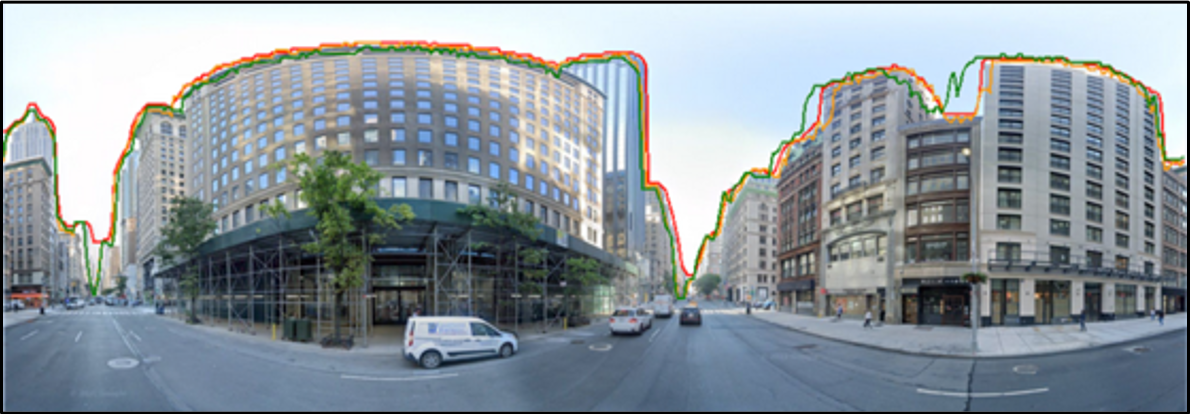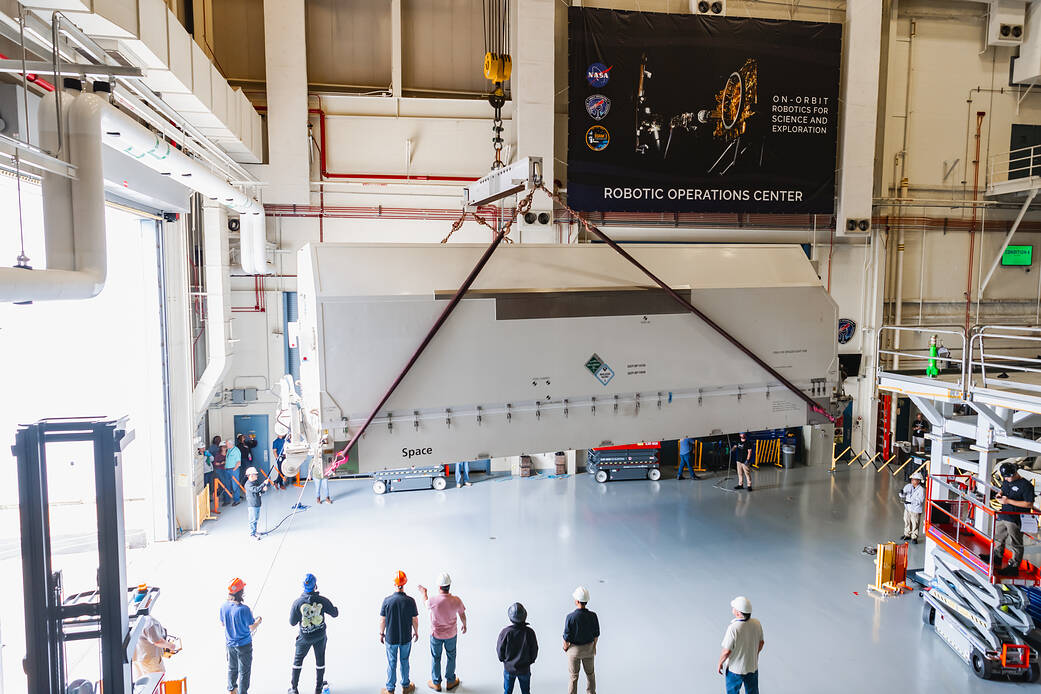On Sept. 20, 2023, the On-orbit Servicing, Assembly, and Manufacturing 1 (OSAM-1) spacecraft bus arrived at NASA’s Goddard Space Flight Center in Greenbelt, Maryland, after its journey from a Maxar facility in California. Following this critical milestone, engineers at Goddard can begin to integrate the mission’s servicing payload onto the bus and begin to test the integrated spacecraft in simulated space environments.
When integration and testing are complete, OSAM-1 will be ready to demonstrate robotic satellite servicing technologies in space. The OSAM-1 mission is planned to be the first to robotically refuel a spacecraft not designed for on-orbit servicing. The servicer will rendezvous with, grapple, and berth the government-owned Landsat 7 spacecraft, and then use a suite of tools to replenish its hydrazine fuel tank.
In addition to the mission’s servicing objectives, OSAM-1 will also include an assembly demonstration provided by commercial partner Maxar, the same company that provided the spacecraft bus. That demonstration will use a robotic arm from the Space Infrastructure Dexterous Robot (SPIDER) payload to assemble a functional Ka-band antenna on orbit from stowed hexagonal pieces.
Previously, the mission included a manufacturing demonstration called MakerSat, which planned to use the SPIDER arm to manufacture a beam. However, that component of the mission has been descoped as mission managers refocus resources on the servicing and assembly components of the mission.
The OSAM-1 project is managed by NASA Goddard for the Technology Demonstration Missions (TDM) program office at NASA’s Marshall Space Flight Center in Huntsville, Alabama. The mission is funded by NASA’s Space Technology Mission Directorate (STMD) at NASA Headquarters in Washington.
Image Credit: NASA/Mike Guinto


